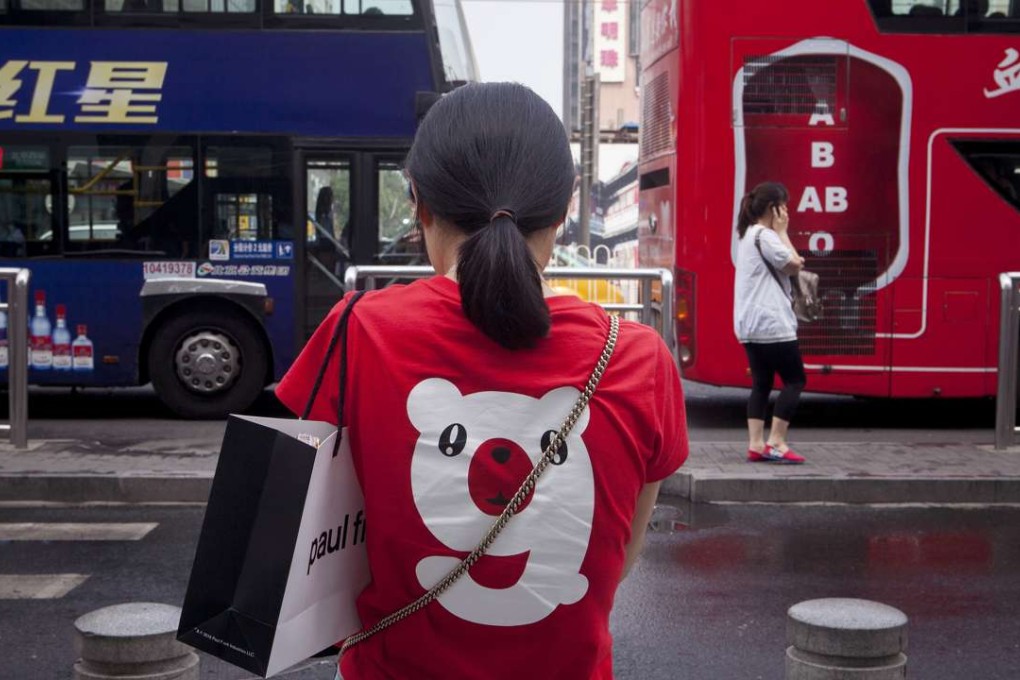Science or divination? How an ancient system of Chinese thought may hold answers in our age of uncertainty
Andrew Sheng says where modern economic models based on linear thinking have fallen short, the more fluid Chinese approach to decision-making can be instructive

We live in an age of science and technology so, strictly speaking, science should be able to forecast the future and help us make decisions better. But, in this age of uncertainty, the best economic models did not predict the global financial crisis.
How did the ancients attempt to make better decisions? They relied on history and experience, or oracles, astrology or mumbo jumbo. You make decisions on the basis of information you have, and without information, you consult someone or something you believe in.
Most people think Chinese philosophy began with Confucius, about 2,500 years ago, but his school became famous because it compiled the existing ancient books into the Five Classics, of which the I Ching (or Book of Change) is one.
We are entering the age of dealing with unknown unknowns – as Brexit and Turkey’s failed coup show
My own view is that the I Ching deserves to be considered a book of early Chinese science, rather than divination. The I Ching comprises two books, an earlier classic dated to roughly 1,000BC, and an interpretive text written some 500 years later. The earlier classic comprises the eight trigrams, attributed to Fuxi, the hero of a Chinese creation myth, and the 64 hexagrams, reputedly invented by Duke Zhou, one of the founders of the Zhou dynasty. In simple terms, the eight trigrams stand for eight possible situations, from good to bad; the 64 hexagrams for 64 possible predictive outcomes. The later text is attributed to Confucius and his disciples, which helps to interpret what the hexagrams mean. To use the I Ching for divination or decisions, you randomly choose a hexagram and then consult the I Ching for what it means.

Book review: I Ching - wisdom found in translation of Chinese oracle
Herein lies a fundamental difference in decision-making between Western science and the Chinese approach to life.